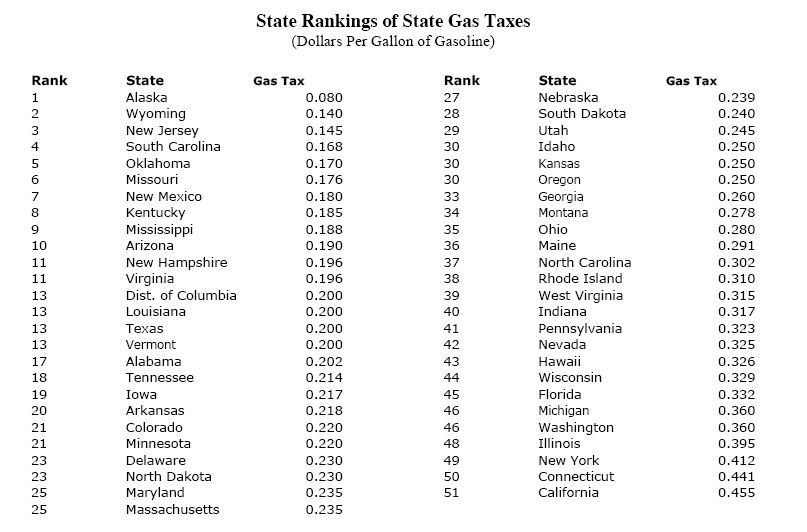Citigroup Touted As Housing Rebound Play Street Whispers
Post on: 14 Сентябрь, 2015 No Comment

NEW YORK ( TheStreet )— Citigroup (C — Get Report ) is generally viewed as having the least exposure to troubled home loan among the largest four U.S. banks, but a pair of recent analyst reports argue the bank may still be an effective way to bet on a U.S. housing rebound.
Both Deutsche Bank analyst Matt O’Connor and Oppenheimer & Co. analyst Chris Kotowski note in recent reports that they have received lots of questions from investors about how to invest in a U.S. housing rebound, and both see good reasons to look at Citigroup in this context.
Both analysts point out that stocks tied to housing have already had a strong run. In a note published Monday, Kotowski observes the 29% rise in home builder ETF XHB (XHB ) over the past three months, as well as a 32% rise in lumber company Weyerhauser (WY ).
O’Connor estimates buying back problem mortgages will eventually cost Bank of America $32.19 billion, compared to $6.75 billion for JPMorgan Chase (JPM — Get Report ). $6.55 billion for Wells Fargo (WFC — Get Report ).
Contrasted with those numbers, O’Connor $3.49 billion cost estimate for Citigroup’s mortgage clean up looks relatively modest.
However, the analyst notes these expenses are just one of four factors to be considered when determining whether a bank will benefit from a housing recovery. Citigroup would benefit in other ways, for example through its capital markets business.
If housing improves meaningfully, capital markets will likely be better than expected given the general boost to sentiment (and we would argue a likely pick-up in volumes and asset levels), O’Connor writes, adding that Citi, Bank of America, JPMorgan, Goldman Sachs (GS ) and Morgan Stanley (MS ) are most leveraged to a capital markets recovery, while adding of these,

Citigroup
is our top pick.
While Citigroup had just the fifth-largest U.S. mortgage origination business in the second quarter, with 3.8% market share, it nonetheless faces a great deal of credit uncertainty related to the mortgage book within its Citi Holdings unit, O’Connor contends.
Citigroup wrote off 2.1% of its loans in the second quarter, the largest of 17 banks followed by O’Connor. He estimates it will write off 1.8% of its loans in 2013, again the biggest percentage in the group. However, the analyst argues that while meaningful credit improvement for Citi may take a few quarters, if housing continues to recover there’s a lot of leverage to Citigroup’s earnings and share price. Indeed, assuming Citigroup’s existing reserves are used for mortgage losses it would have added 75 cents per share to second quarter earnings and 35 cents to O’Connor’s 2013 estimate of $4.64 per share.














